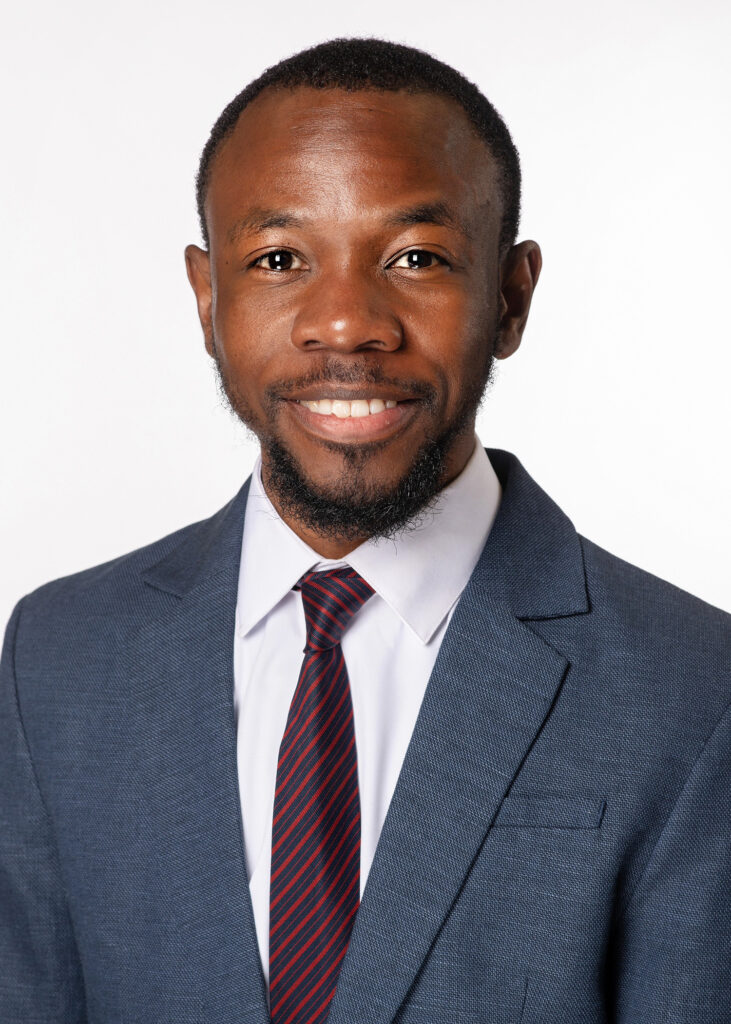Nana Kofi Kusi-Boadum earns AHA fellowship for research that aims to help smokers quit
June 4, 2024 • CBTS, faculty, P&N, Research, students
 Nana Kofi Kusi-Boadum, PhD candidate in the College of Biomedical and Translational Sciences at The University of North Texas Health Science Center at Fort Worth, was awarded a prestigious American Heart Association predoctoral fellowship to support his research project that explores the nervous system’s role in nicotine addiction.
Nana Kofi Kusi-Boadum, PhD candidate in the College of Biomedical and Translational Sciences at The University of North Texas Health Science Center at Fort Worth, was awarded a prestigious American Heart Association predoctoral fellowship to support his research project that explores the nervous system’s role in nicotine addiction.
According to the CDC, cigarette smoking is the leading cause of preventable death in the US and a major cause of cardiovascular disease.
“A lot of these people are seeking interventions, but every year, only 8 out of 100 people who decide to give it up are successful without relapsing,” Kusi-Boadum said.
Kusi-Boadum’s project explores the interoceptive actions of ganglion stimulants and nicotine reward and could lead to new treatments to help smokers quit.
“My goal is to find new targets for treatments and I’m considering the role the autonomic system plays in acting as a cue for the central effects of nicotine,” he said.
Kusi-Boadum is mentored by Dr. Michael Forster, regents professor of Pharmacology and Neuroscience, and Dr. Nathalie Sumien, interim chair of Pharmacology and Neuroscience and is co-supervised by Forster and Dr. Tom Cunningham, regents professor of Physiology and Anatomy and associate vice president for research. The predoctoral fellowship will support his research and training as he earns his PhD in Biomedical Sciences at HSC.
“My motivation for researching nicotine addiction stems from challenging my initial bias on smoking and observing the struggles of addiction. As I started viewing it through different lenses, my commitment to contribute intensified daily,” Kusi-Boadum said.
“Receiving this award from the AHA is an honor and a source of reassurance. I’m eternally grateful to my mentors, my committee and HSC’s grants office, who’ve been available round the clock, guiding me through this meaningful journey.”
AHA grants predoctoral fellowships each year to enhance the research and clinical training of promising students pursuing careers aimed at improving global cardiovascular, cerebrovascular and brain health.

Social media